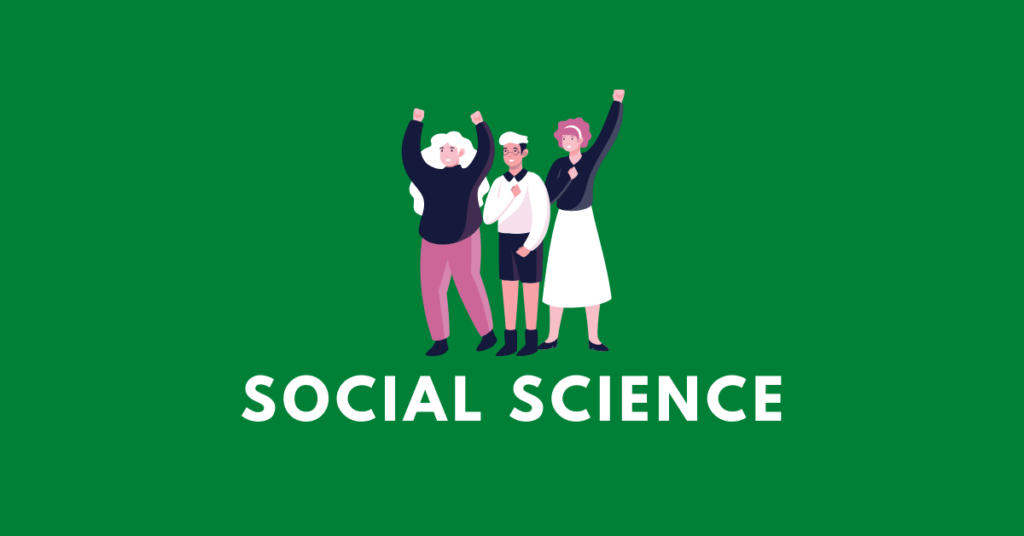We have provided solutions and short introductions of all the chapters of NBSE Class 9 Social Science for students studying under Nagaland Board. Click on the link mentioned under each chapter to get the answers of that chapter. However, these notes should be used only for references and additions/modifications should be made as per the requirements.
| Select chapter |
| Chapter 1: French Revolution |
| Chapter 2: Russian Revolution |
| Chapter 3: Rise of Nazism |
| Chapter 4: Indian National Movement |
| Chapter 5: Locational Setting and relief |
| Chapter 6: Climate |
| Chapter 7: Drainage |
| Chapter 8: Natural Vegetation |
| Chapter 9: Wildlife |
| Chapter 10: Map Reading |
| Chapter 11: Democracy |
| Chapter 12: Democracy in India |
| Chapter 13: Electoral Politics in a Democracy |
| Chapter 14: Institutions of Parliamentary Democracy |
| Chapter 15: Citizens’ Rights in a Democracy |
| Chapter 16: Economics |
| Chapter 17: Population |
| Chapter 18: Poverty |
| Chapter 19: People as a Resource |
| NAGALAND NOTES |
About NBSE Class 9 Social Science textbook
The NBSE (Nagaland Board of School Education) Class 9 Social Science textbook is a comprehensive resource covering a wide range of topics across four main units: India and the World, Topography of India, Democratic Politics, and Understanding an Economy.
The first unit, India and the World, delves into significant historical events that shaped the modern world, including the French Revolution, the Russian Revolution, the rise of Nazism, and the Indian National Movement. Students will gain insights into the social forces, revolutionary groups, and ideologies that drove these pivotal events, as well as their lasting legacies.
The second unit, Topography of India, explores the country’s physical geography, including its location, relief, climate, drainage systems, natural vegetation, and wildlife. Students will learn about the factors influencing India’s climate, the role of rivers in the economy, and the importance of conservation efforts for vegetation and wildlife.
The third unit, Democratic Politics, introduces students to the concept of democracy, its types, and alternatives. It probes into the framing of the Indian Constitution, its salient features, and the design and redesign processes. Additionally, students will learn about electoral politics, the role of parliament in democracy, and citizens’ fundamental rights and the relationship between these rights and the judiciary.
The fourth unit, Understanding an Economy, covers economic concepts, features of the Indian economy, and the roles of the public, private, and joint sectors. It also addresses population dynamics, including migration, occupational structure, and the National Population Policy. Furthermore, students will study poverty, its causes, and poverty alleviation programmes, as well as food security and sources of food grains. The unit also explores the concept of human resources, the role of health and education, unemployment, and strategies to combat it.

Get notes of other boards, classes, and subjects

It’s quite helpful
I really need this website
Thank u I am pass in social science because of u onlinefreenotes thank u so so so much